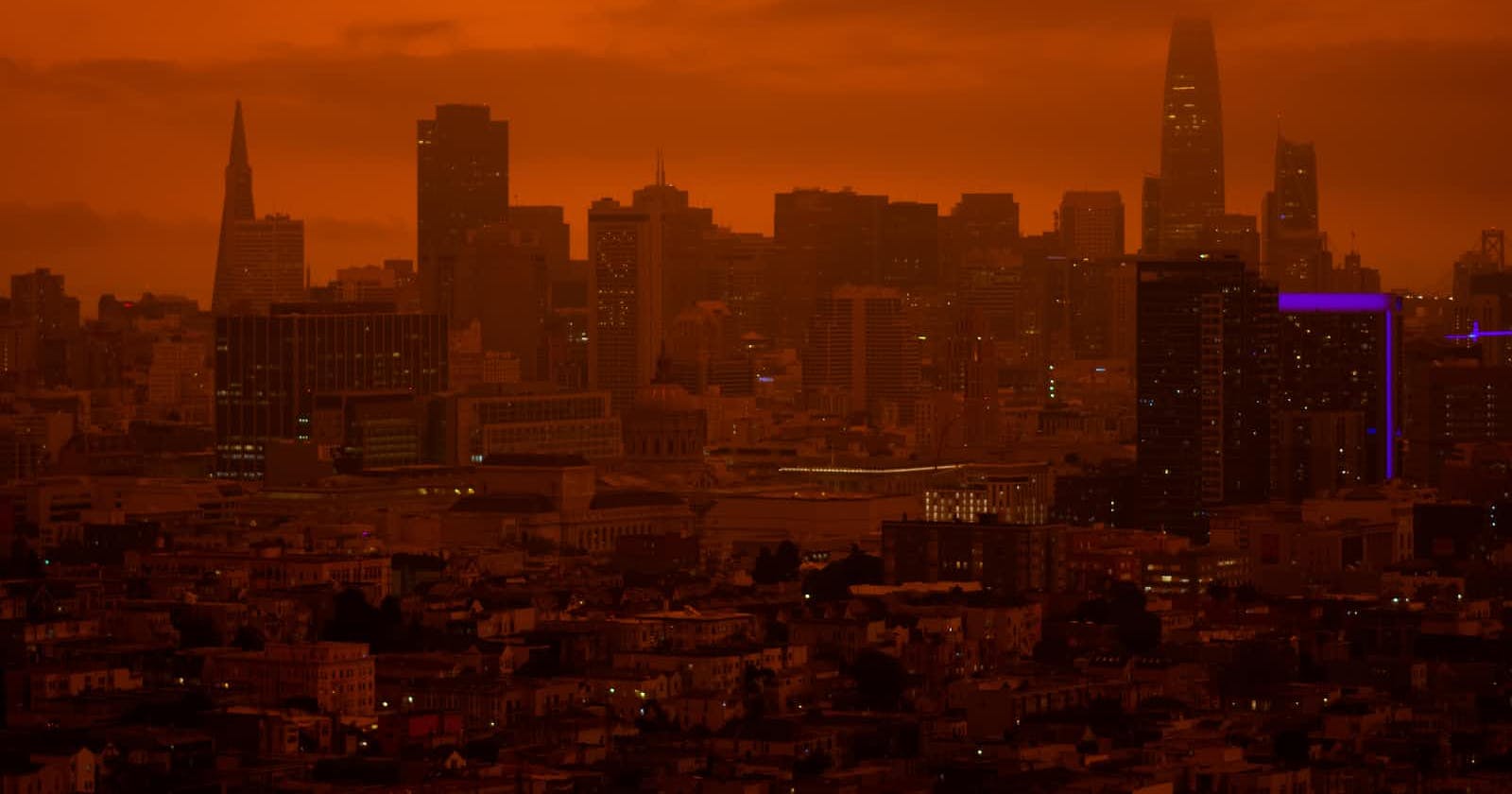
Photo by Patrick Perkins on Unsplash
Have we entered the "Brave New World"?
A book before its time, but has the time now caught up to these times?
This a continuation of our weekly Book Reviews Series as we look this week at the old classic "Brave New World".
"Brave New World" is considered a classic dystopian novel, and it has been widely studied and analyzed for its commentary on society, technology, and the dangers of blindly following the status quo. The novel has been cited as an influence on other dystopian works such as George Orwell's "1984".

"Brave New World" is a novel written by Aldous Huxley in 1932. The story is set in a dystopian society where people are genetically engineered and raised in a highly controlled environment to fulfill specific roles in society. The novel explores themes of individuality, freedom, and the consequences of technological advancements.
The story is set in the year 2540 AD, in a world where humanity has been enslaved by the comforts of technology. Society is organized into five castes, from the highest Alpha to the lowest Epsilon, with each caste having a specific role in society. The government, known as the World State, controls every aspect of people's lives, from their birth to their death. People are conditioned to love their predetermined roles and to hate anything different from their society.
The main character, Bernard Marx, is a member of the Alpha caste and works as a psychologist in the London Hatchery and Conditioning Centre. He begins to question the society in which he lives and starts to feel a sense of dissatisfaction with his life. He then meets John, a man who was raised outside of the World State's control and is horrified by society's lack of individuality.
John's arrival in London causes chaos and leads to a series of events that ultimately result in Bernard and John being exiled to an island. On the island, they discover a group of people living in a natural, primitive way, and they begin to question the value of their society.
The novel ends with the characters returning to the World State, but they are unable to fully reintegrate into society and ultimately decide to leave again. The novel ends on a bleak note, highlighting the idea that true freedom and individuality cannot be found in a society that values conformity and control over all else.

Aldous Huxley was an English writer and philosopher, best known for his novels including "Brave New World". He was born in 1894 in Godalming, Surrey, England, into a prominent family of intellectuals and scientists. He was the grandson of Thomas Henry Huxley, a famous biologist and supporter of Charles Darwin's theory of evolution.
Huxley began his writing career as a poet and later turned to write novels and essays. He was a prolific writer, and his works covered a wide range of topics including science, politics, and philosophy. He is considered one of the most important literary figures of the 20th century.
Huxley's writing is characterized by its intelligence, wit, and profound insights. He was a master of satire and irony, and he often used these literary devices to critique society and the human condition.
He was also deeply interested in spiritual and philosophical questions, and his works often explored the nature of reality and the human experience. His novels, including "Brave New World" are considered to be classic dystopian novels, and they have had a significant impact on the genre.
Huxley was also a proponent of psychedelic drugs, and he believed that they had the potential to enhance the human experience. He experimented with mescaline, and his book "The Doors of Perception" (1954) is a detailed account of his experiences with the drug.
Huxley passed away in 1963, but his works continue to be widely read and studied. He is widely regarded as one of the most important and influential writers of the 20th century, and his novel "Brave New World" is considered a classic of dystopian literature.

Dystopian literature is a type of speculative fiction that explores the consequences of societal and political systems that have gone awry. It typically portrays a society in which the conditions of life are oppressive and grim, often characterized by poverty, suffering, and a lack of freedom.
The stories often take place in a future world where the government has total control over its citizens, and the society is rigidly controlled and often oppressive. The word "dystopian" is derived from the Greek words "dys-" meaning bad or difficult and "topia" meaning place, so it means "bad place". Dystopian literature is a sub-genre of science fiction, but it also includes elements of horror, fantasy, and speculative fiction.
Dystopian novels typically present a warning about the dangers of certain societal trends or political ideologies, and they serve as a cautionary tale about the dangers of blindly following the status quo. They often depict a society that is controlled by a totalitarian government, and the citizens are typically living in poverty, suffering, and lacking freedom. The characters in these stories often struggle against the oppressive government and society, striving to regain their freedom and individuality.
Some of the most famous examples of dystopian literature include George Orwell's "1984", Aldous Huxley's "Brave New World", Ray Bradbury's "Fahrenheit 451", and Margaret Atwood's "The Handmaid's Tale".

Codex Group is a Ghost Writing Agency that can automate your content creation.

